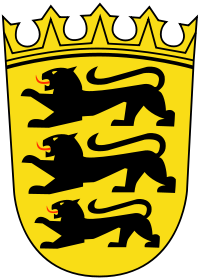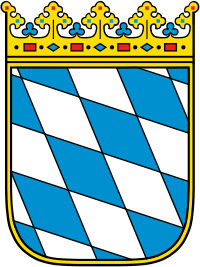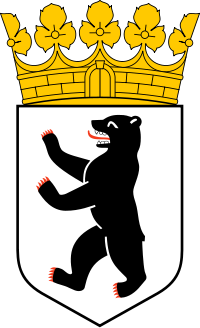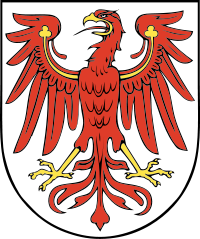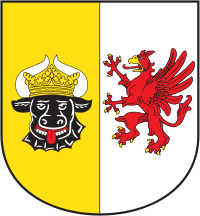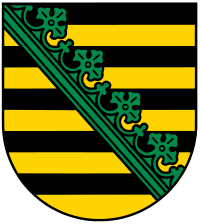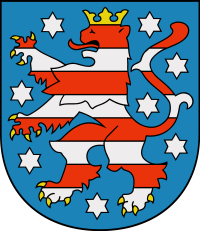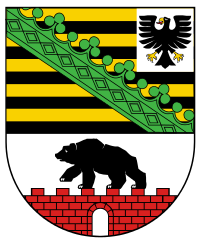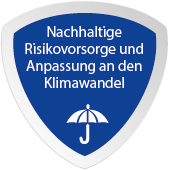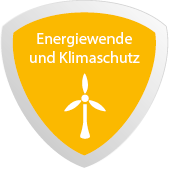Die nachfolgenden Inhalte stammen aus dem Kooperationsprogramm "Interreg CENTRAL EUROPE" (genehmigt am: 16.12.2014).
Kurzbeschreibung
Actions to improve environmental management of functional urban areas to make them more liveable places will be supported.
Förderziel
All the supported actions will clearly contribute to improving environmental management capacities in the public sector and related entities in central Europe’s functional urban areas, thereby making them more liveable places. Transnational cooperation will help to increase those capacities by supporting the development and implementation of integrated environmental management to improve the environmental performance (such as air quality, water management, flood risks etc.) of functional urban areas. Enhanced governance will contribute to better planning, management and decision making thereby reducing usage conflicts and negative externalities on the environment.
Fördergegenstände
Bildung, Qualifizierung, Demonstrations-, Modell- und Pilotvorhaben, Management, Verwaltung, Strategieentwicklung, Konzept-, Teilkonzepterstellung, Umsetzung integrierter, territorialer Ansätze, Vernetzung, Kooperation, Wissenstransfer
Zuwendungsempfänger
Among others:
- Local, regional and national public authorities.
- Regional development agencies.
- Enterprises.
- Environmental facilities and infrastructure operators and owners.
- Associations.
- Regional innovation agencies.
- Special interest groups.
- NGOs.
- Financing institutions.
- Education and training organisations as well as universities and research institutes.
Förderfähige Gebietskulisse
Förderfähig sind die Bundesländer: Baden-Württemberg, Bayern, Berlin, Brandenburg, Mecklenburg-Vorpommern, Sachsen, Sachsen-Anhalt, Thüringen.
In Baden-Württemberg: Stuttgart, Karlsruhe, Freiburg, Tübingen.
In Bayern: Oberbayern, Niederbayern, Oberpfalz, Oberfranken, Mittelfranken, Unterfranken, Schwaben.
In Sachsen: Dresden, Chemnitz, Leipzig.
Kooperationsmöglichkeiten bestehen mit folgenden Staaten: Österreich, Tschechien, Ungarn, Italien, Polen, Slowenien, Slowakei.
Achtung: Bitte Prüfen Sie im Kooperationsprogramm (CP, KP) welche Teilräume der Staaten förderfähig sind.
Art der Unterstützung
Non-repayable grants
Beschreibung
Examples of joint actions supported are:
- Developing and implementing strategies and tools (including innovative financing and investment models) to manage and improve environmental quality (air, water, waste, soil, climate) as well as to tackle natural and man-made risks in functional urban areas.
- Strengthening the capacity for environmental planning and management (e.g. participatory planning mechanisms and decision-making processes) at the level of functional urban areas.
- Developing and implementing integrated strategies, policies and tools to reduce land-use conflicts in functional urban areas (e.g. urban sprawl, shrinkage and fragmentation also in the view of social implications).
- Developing and implementing integrated strategies and pilot applications for the rehabilitation and reactivation of brownfield sites.
- Developing concepts and implementing environmental pilot applications to support the development towards smart cities (e.g. ICT applications, environmental technologies).
Within the supported actions different types of outputs can be obtained. Emphasis is put on policy learning and/or implementation-oriented approaches at transnational level. These can include the development and implementation of strategies and action plans, the development, testing and implementation of tools, the preparation of investments and leverage of funds, the implementation of pilot actions - including pilot investments - as well as capacity building also through training.
Hinweis: Weitere förderrelevante Informationen zur Maßnahme finden Sie im Kooperationsprogramm (CP, KP) S. 58-61.
Zielgruppe
They include public and private actors, such as policy makers, planners, environmental facilities, infrastructure owners and operators as well as other organisations influencing the development of functional urban areas. Target groups include all population groups within functional urban areas which are benefitting from improved environmental management.
Zentrale Zuwendungsvoraussetzungen
Applications focussing on purely academic cooperation or basic research as well as on a mere exchange of knowledge and networking will not be funded.
All operations receiving funds have to meet the following horizontal quality requirements:
- Transnational and territorial relevance.
- Partnership relevance.
- Concrete and measurable results.
- Durable outputs and results.
- Coherent approach.
- Sound project communication strategy.
- Effective management.
- Sound budget.
Wichtige weitere Informationen zu Zuwendungsvoraussetzungen, wie z. B. die Mindestanzahl an Projektpartnern, finden Sie in den zugehörigen Unterlagen und im Kooperationsprogramm (CP, KP), S. 98-100.
Auswahlverfahren
The selection of operations will be carried out in application of Article 12 of the European Territorial Cooperation (ETC) Regulation following a standardised assessment procedure.
Projektauswahlkriterien
Detailed quality assessment criteria will be laid down and made available to applicants in call-specific documents. The assessment will be conducted by qualified assessors with the required expertise.
Informationen zu den Auswahlkritierien und der Vorgehensweise bei der Projektauswahl finden Sie im Kooperationsprogramm (CP, KP), S. 27-28 sowie auf der Webseite des Programms.
Laufzeit
Start der Maßnahme: 01.01.2014
Ende der Maßnahme: 31.12.2023
Sonstiges
As a basic principle, the Interreg CENTRAL EUROPE Programme will mainly support cooperation activities between lead partners (LPs) and project partners (PPs) located in the eligible areas of the MSs (territory or parts of the territory of the nine CENTRAL EUROPE Member States (MSs) Austria, Croatia, Czech Republic, Germany, Hungary, Italy, Poland, Slovakia and Slovenia). An exception to the rule with regard to the location of partners is the case of those national public authorities/bodies which are competent in their scope of action for certain parts of the eligible area but which are located outside of it (e.g. ministries). German and Italian institutions falling under this definition are to all effects assimilated, both in terms of rights and obligations, to partners located in the programme area.

